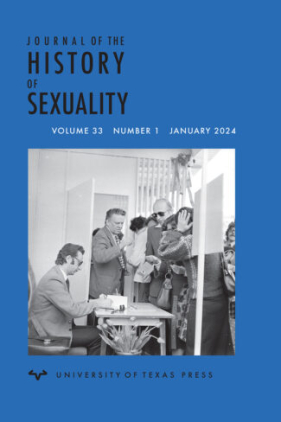Productive Sexological Self-Censorship in Late Communist Poland between State and Church
Polecamy najnowszy tekst dr hab. Agnieszki Kościańskiej, prof. UW na temat działań podjemowanych przez państwo i Kościół późnego PRL w celu uciszenia postępowego dyskursu seksualnego.
Every publication in state socialist Poland, including sexological material, was inspected by a censor to ensure it adhered to socialist doctrine and morality. Censorship is generally understood as a tool of totalitarian oppression blocking the exchange of knowledge and ideas. The powerful Polish Catholic hierarchy has been considered an additional factor, collaborating with the Communist Party to silence progressive sexual discourse.
Through analysis of sexological and sex educational writings on homosexuality and birth control, I argue for a more nuanced picture of censoring practices, by asking: How was the censorship practiced? What kind of writing strategies did it produce? Who conducted the censorship? What happened to those who decided not to become involved in the complex struggle over sexuality between Church and State? And, finally, what are the long-term consequences of practicing censorship? Based on archival research and in-depth interviews with sexologists and sex educators active during the late state-socialist period, I explore the personal and collective strategies that weakened but also strengthened censorship. Sex experts employed many writing strategies to “trick” the censors, yet at the same time practiced self-censorship, gauging what would be blocked by censors or incite a protest from the Church. They also disciplined colleagues attempting to be more open, believing such openness could be counterproductive to past and future achievements in the development of sex education and therapy in Poland. As a result, censorship appeared to be surprisingly productive, generating a particular style of writing that encouraged the public to read between the lines. However, in the long run, it produced an inability to speak openly about (liberated) sexuality in Poland.



